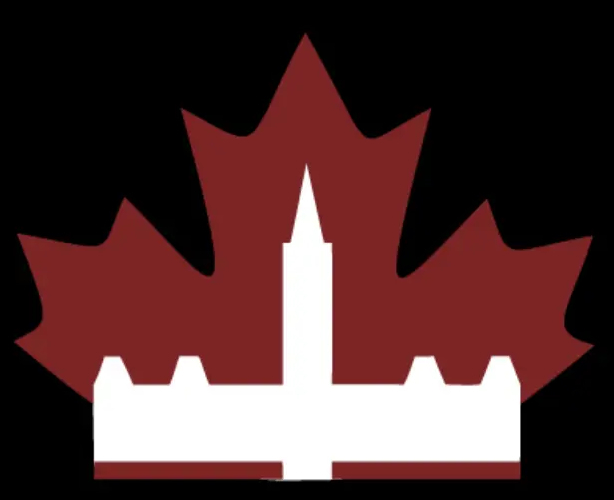And yet, Jagmeet fulfilled more election promises than others, improving healthcare w/prescription and dental coverages, etc…
You’re correct. Despite polling challenges, the NDP has tangibly improved Canadians’ lives through concrete policy achievements like national dental care and prescription drug coverage. These aren’t just symbolic gestures but meaningful improvements in healthcare accessibility.
The NDP’s current polling challenges aren’t a failure of the party, but a symptom of a fundamentally broken electoral system that systematically discards millions of valid votes every election.
He pulled support from the liberals at the worse possible time maybe people are leery with going to the middleman now and are just directly voting liberal.
Your observation highlights a critical dynamic in our winner-take-all electoral system. Under First-Past-The-Post (FPTP), voters often feel strategically compelled to consolidate around perceived “viable” options rather than supporting parties that genuinely represent their interests.
This phenomenon is precisely why proportional representation (PR) is so crucial. In a PR system, voters could support the NDP without fear of “wasting” their vote or inadvertently enabling a less-preferred outcome. The current FPTP system creates perverse incentives that discourage genuine democratic expression.
The effective number of parties in Canada is currently 2.76 and declining - a trend that threatens democratic diversity. Unless we implement proportional representation, we’re likely heading toward a two-party system that will further constrain political discourse and representation.
Yes I know that about PR but it’s not the system Canada has and it’s probably the single greatest failure of Trudeau.
Yup. He saw a political opportunity, and now I don’t trust him. I usually vote NDP, but I’ll be voting Lib this election to avoid a PP PM.
The effective number of parties in Canada is currently 2.76 and declining - a trend that threatens democratic diversity. Unless we implement proportional representation, we’re likely heading toward a two-party system that will further constrain political discourse and representation.
Only Green🟢/NDP🟧/RPC🟨 consistently support proportional representation.
That sorta makes sense…
That sorta makes sense…
Can you expand more on that point?
The three parties with the fewest seats want a system that gives them more of a voice.
There’s no doubt in most people’s minds that proportional representation is superior to fptp.
Effecting that change may never happen when:
a) the parties who benefit most from fptp are the parties who can change it
b) the party elected to change it reneges on its promiseYour analysis captures the systemic challenge perfectly. The issue isn’t just about party self-interest, but a fundamental democratic deficit.
When the Liberals and Conservatives benefit from First-Past-the-Post (FPTP), they have zero incentive to implement proportional representation (PR). This isn’t just political strategy - it’s actively undermining democratic principles.
Trudeau’s 2015 promise is the quintessential example. The Liberals campaigned on making “every vote count” and promised 2015 would be the last election under FPTP. When it became clear PR would dilute their power, they abandoned the entire electoral reform process.
The core problem is that our current system allows a minority of votes to translate into majority governance. In the 2021 federal election, for instance, we saw a government formed with significantly less than 50% of the popular vote.
What’s most frustrating is that implementing PR isn’t technically difficult. We’ve seen successful models in countries like Ireland (STV) and New Zealand (MMP). The barriers are purely political - those in power protecting their own interests rather than serving democratic ideals.
Ultimately, this isn’t about helping smaller parties “get more seats”. It’s about ensuring every citizen’s vote meaningfully contributes to representation. That’s the fundamental promise of democracy - and of Canada.
Now is the time to be getting information from Canadian Owned and Operated media.
There will be disinformation campaigns unlike any other election.

